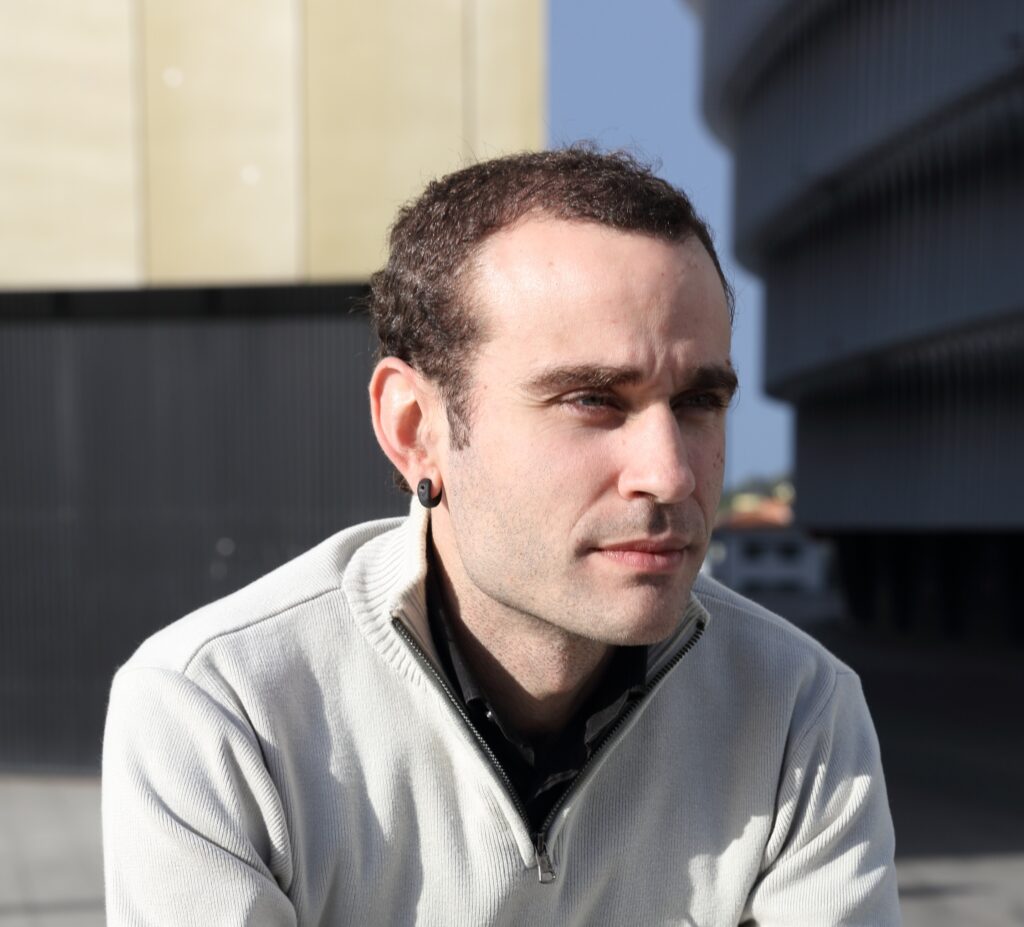
Alex Rayón Jerez is CEO of Brain & Code (brainandcode.tech). With a Ph.D. in Informatics and Telecommunications, he has worked as a professor, consultant and developer in the fields of programming and AI over the last fifteen years. He has directed projects to implement digital transformation solutions in SMEs and large companies. He’s also editor of the digitaldata.substack.com newsletter (10.000 suscriptions).
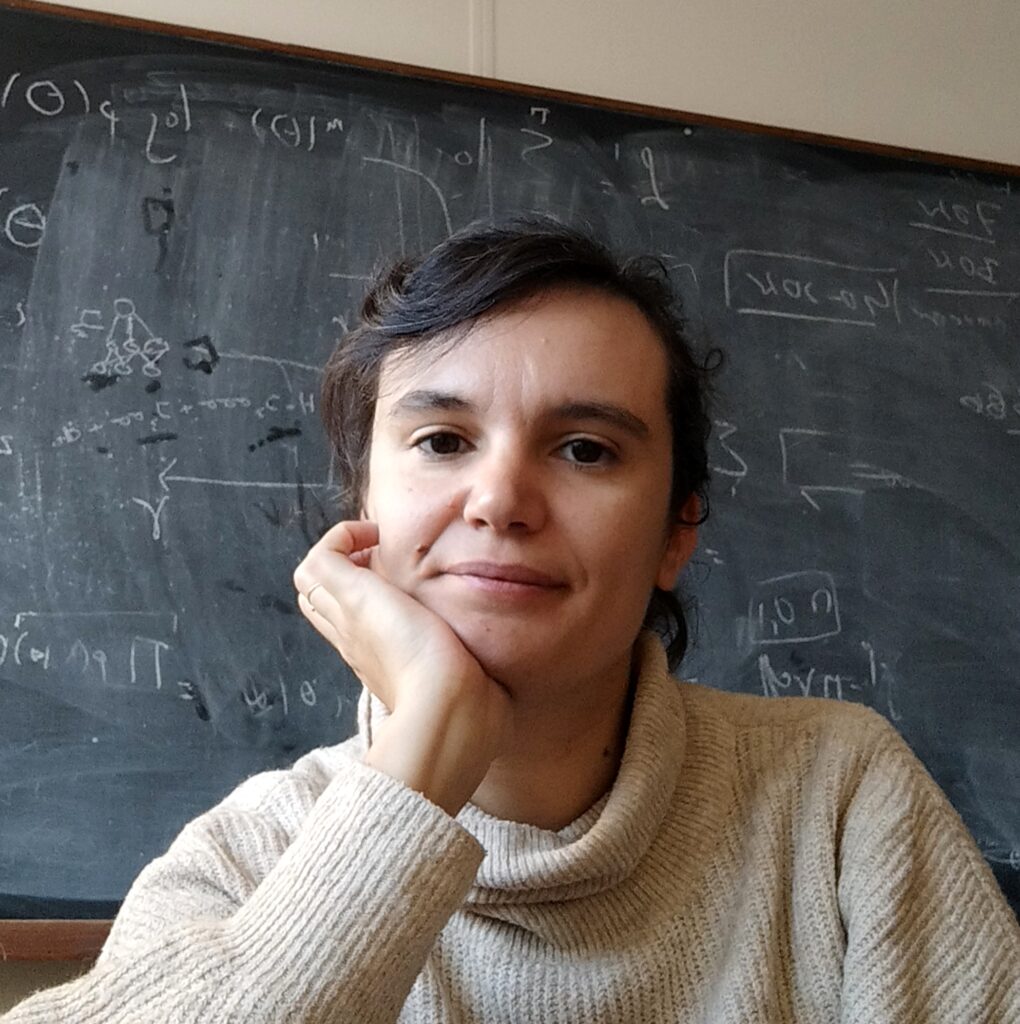
Beatriz Seoane is an interdisciplinary researcher specializing in statistical and computational physics. Her work mainly involves numerical studies of disordered systems such as glasses, proteins or neural networks, as well as the development of computer tools to simulate them. She currently holds a junior professorship in “Physics for Machine Learning” in the Department of Computer Science at the Université Paris Saclay. In her research, she applies principles of statistical mechanics to improve the training and interpretability of generative machine learning models. In recent years, she has also led several research projects combining physics and artificial intelligence. Previously, she worked as an independent researcher at the Complutense University of Madrid and as a postdoc at various European universities, including a Marie Curie Fellowship at the École Normale Supérieure in Paris and a two-year postdoctoral stay at “La Sapienza” University (Rome) under the direction of Physics’ Nobel laureate Giorgio Parisi.
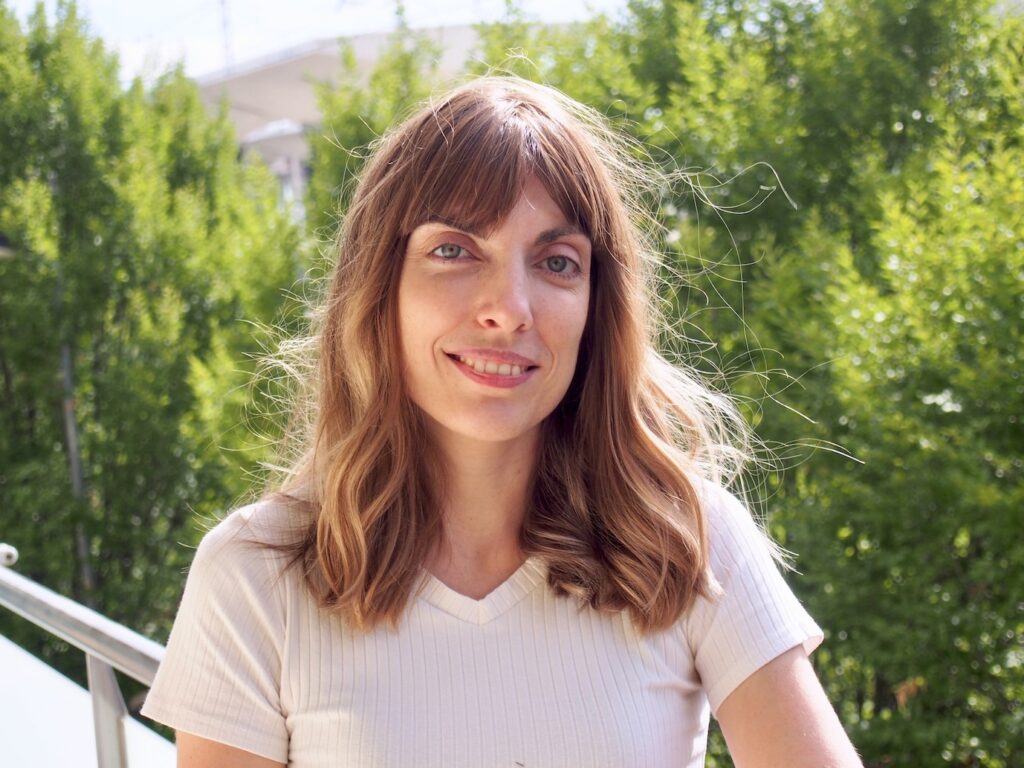
Noelia Ferruz is a chemist with a PhD in Computational Biophysics. After a short stay at Pfizer (Boston), she joined Prof Höcker’s lab (Bayreuth, Germany) as a postdoc, where she worked on developing computational methods for protein design. She is currently a Group Leader at the Institute of Molecular Biology of Barcelona. Noelia’s group focuses on the implementation of generative AI methods for protein design. In her own words, “We believe protein design has the potential to change the world we live in, and AI is at the core of this revolution”.
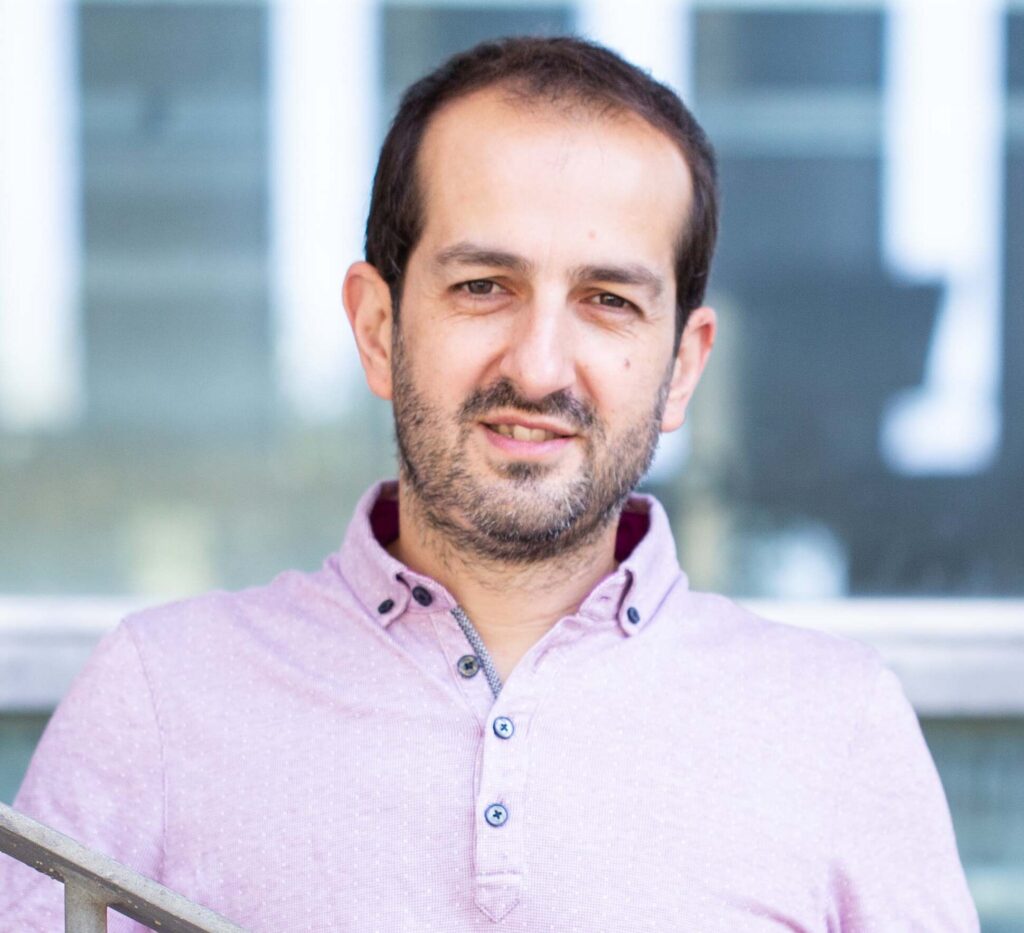
Roger Guimerà is ICREA Research Professor at Universitat Rovira i Virgili. Roger’s research is devoted to the study of complex systems and, particularly, of the structure of complex networks and the interplay between network structure and dynamics. During his career, he has made methodological contributions to the study of complex systems and complex networks, and used data analysis and network approaches to gain understanding on a number of systems, from cellular metabolism to social systems and critical infrastructures such as the Internet or the air transportation network. During the last years, Roger’s work has turned to the development of probabilistic models and Bayesian inference approaches to network and non-network problems, at the interface of probability theory, theoretical computer science, and statistical physics. Roger has been awarded the Premi Nacional de Recerca al Talent Jove (Catalan Government), the Erdös-Rényi Prize in Network Science (Network Science Society), and the Young Scientist Award for Socio- and Econophysics (German Physical Society).
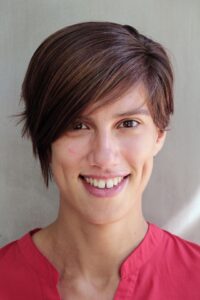
Sofia Teixeira holds a Ph.D. in Information Systems and Computer Engineering from the University of Lisbon (Portugal). Currently, she is an Assistant Professor in the Department of Informatics, and LASIGE researcher, at the Faculty of Sciences, University of Lisbon. Previously she was a research scientist at Hospital da Luz Learning Health in Lisbon and a postdoc at Indiana University and a fellow at Indiana Network Science Institute. Sofia’s research interests include modeling and analyzing complex systems through the development of new algorithms on graphs and the application of network science and machine learning methods. Her fields of interest, among others, are Human Behavior, Computational Epidemiology, Network Neuroscience, Cognitive Science, Network Medicine, and Artificial Intelligence.

Pablo F. Garrido is a Postdoctoral Researcher at the Center for Lifespan Changes in
Brain and Cognition at the University of Oslo. With a PhD in Materials Science from the University of Santiago de Compostela, he has a diverse background in Physics of
Complex Systems, Biophysics and Data Modelling. Pablo has previously worked as a
Freelance Scientist and Adjunct Professor. Currently, he is involved in the
AHeadForLife convergence environment, a multidisciplinary project that will uncover
how social factors and genes affect the brain and cognitive function throughout life.
Initially focused on topics such as calorimetry, molecular interactions, and fluid phase, his main areas of interest now revolve around brain biophysics and data analysis.
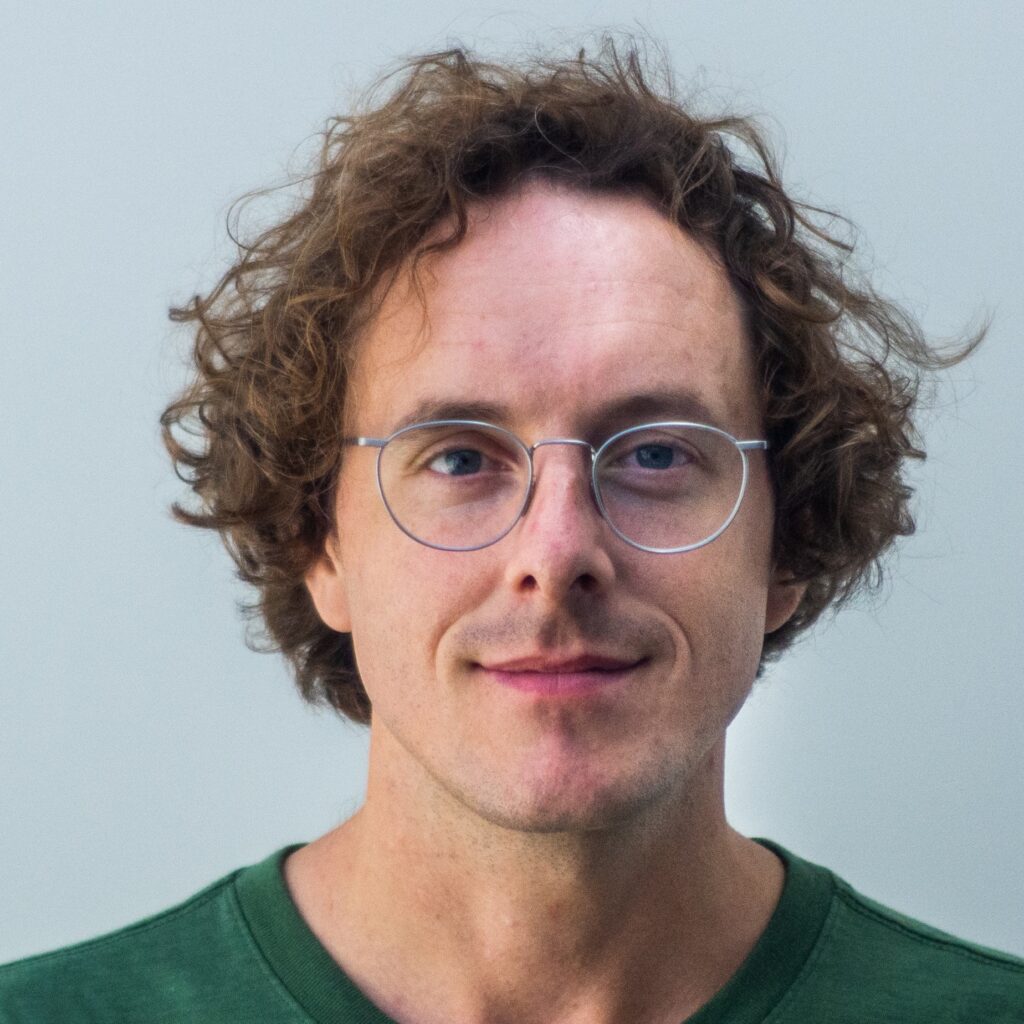
Jonathan Frazer is a group leader at the CRG, Barcelona, where he leads the Probabilistic Machine Learning and Genomics group, together with Mafalda Dias. His PhD and early postdoctoral work was in theoretical physics, where he developed string theory models of cosmic inflation, and tools for computing the cosmological consequences of these models. He did his PhD at the University of Sussex, under the supervision of Andrew Liddle, before moving to Imperial College, DESY and then Harvard Medical School, where he began his research in biology. His work now focuses on developing models of the effect of genetic variation and using these models to reveal the genetic underpinnings of disease.
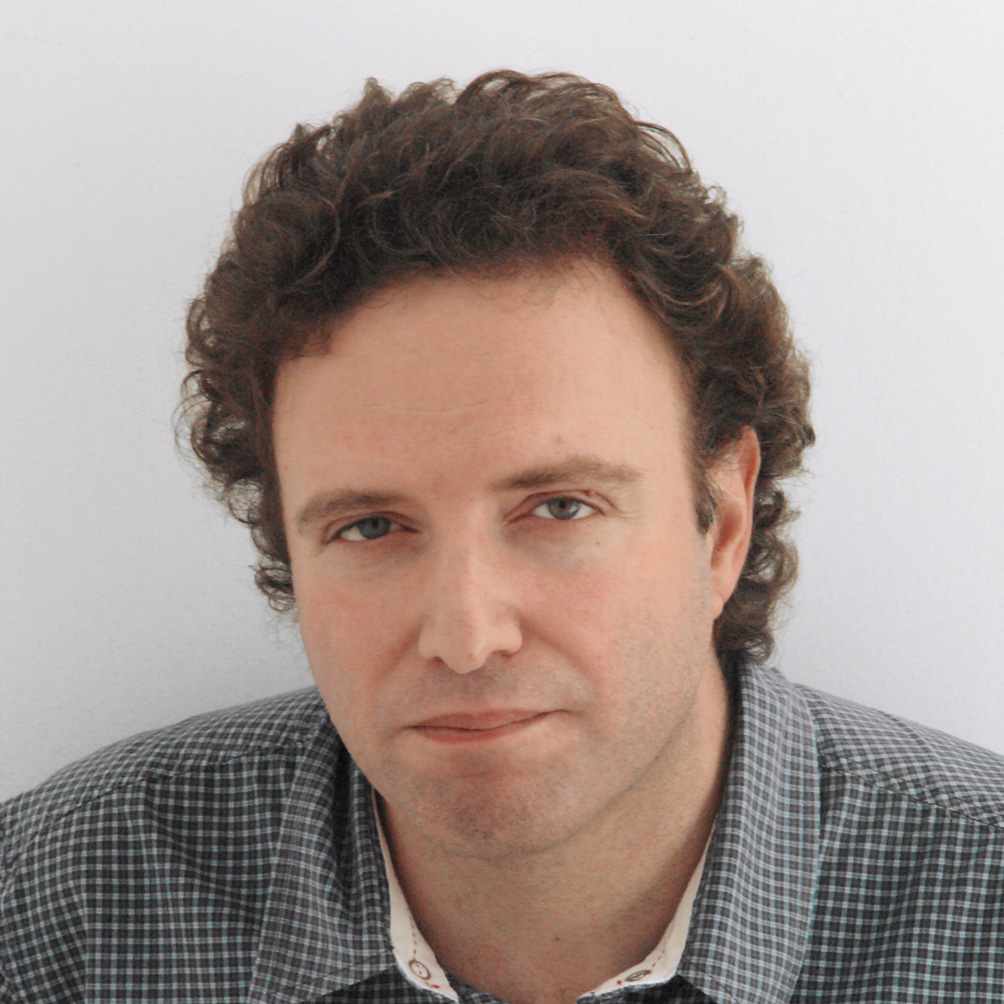
Miguel Rocha is an Associate Professor of the Informatics Department and Senior Researcher of the Centre of Biological Engineering at the University of Minho. Here, he teaches subjects related to Artificial Intelligence (AI) and Bioinformatics, being the Director of the MSc in Bioinformatics. He also leads the research group in Bioinformatics and Systems Biology, pursuing research in the application of AI in the context of biological systems modeling and optimization. He is also a founder and the the CSO of the spin-off company OmniumAI , founder and a member of the advisory board of the company SiclioLife, and the President of the board of the BioData.pt association.
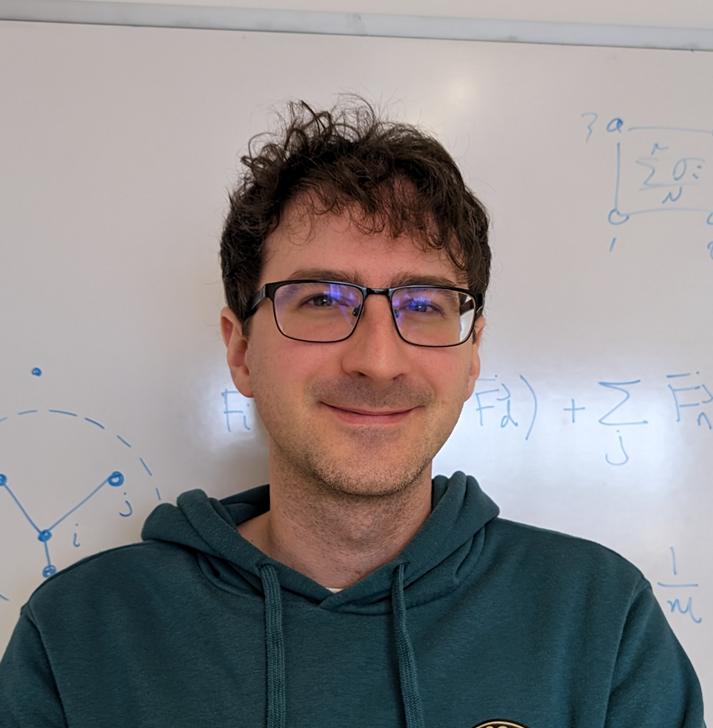
Quercus Hernández is a postdoc researcher at the University of Pennsylvania, where he focuses on the intersection of artificial intelligence with autonomous scientific discovery. He recently obtained his Ph.D in Mechanical Engineering at the University of Zaragoza (Spain), about structure-preserving deep learning of physical simulations. He did a research stay in the CRUNCH group at Brown University, world-leading group in physics-informed deep learning, led by Prof. George Karniadakis. He also holds a B.Sc. and M.Sc. in Industrial Engineering with a major in robotics, both obtained from the University of Zaragoza, where he started his research career.
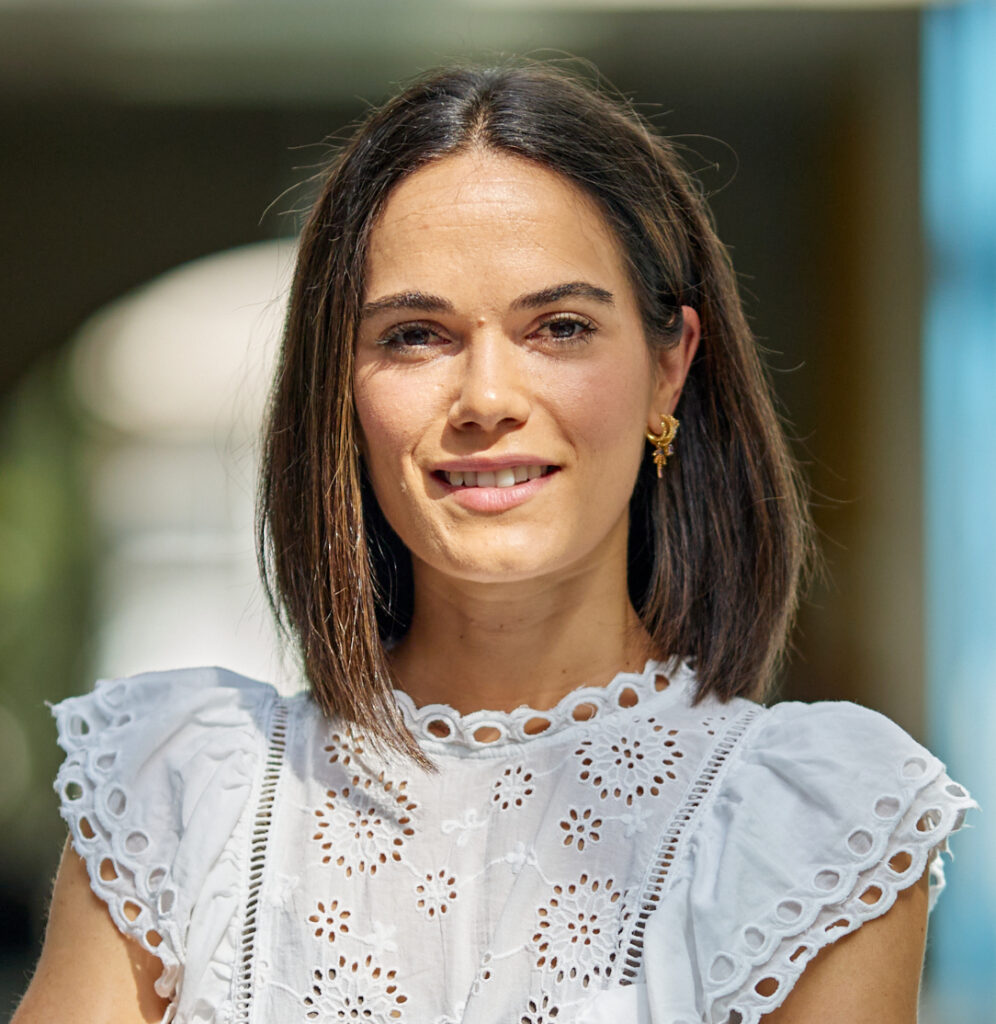
Paula Gordaliza holds a PhD in Mathematics from the Universities of Valladolid (UVa) and Toulouse 3 (UT3). Her doctoral thesis was the culmination of her academic training, which began with the Bachelor’s Degree in Mathematics (2016) and the Master’s Degree in Mathematics (2017) at UVa, which she completed with a Santander scholarship for an internship at CARTIF (2015), a collaboration grant from the MECD (2015/16) and a contract in a transfer project with the multinational BR&TE (2017). With these experiences she acquired an ambitious attitude in research, consolidated during her three years of PhD in international co-supervision (2017-20). In her postdoc at BCAM (2020-23), a Severo Ochoa Centre of Excellence, she has completed my training by participating in several research and transfer projects with companies and in various activities, such as the organisation of five international conferences and the creation of the SO Laboratory on Trustworthy ML. Proof of the value and interest of her results are the seven high-impact publications and the Vicent Caselles 2023 Mathematical Research Prize awarded by RSME-FBBVA. Meanwhile, she has combined her research work with that of Associate Professor and she is currently Assistant Professor at the UPNA.